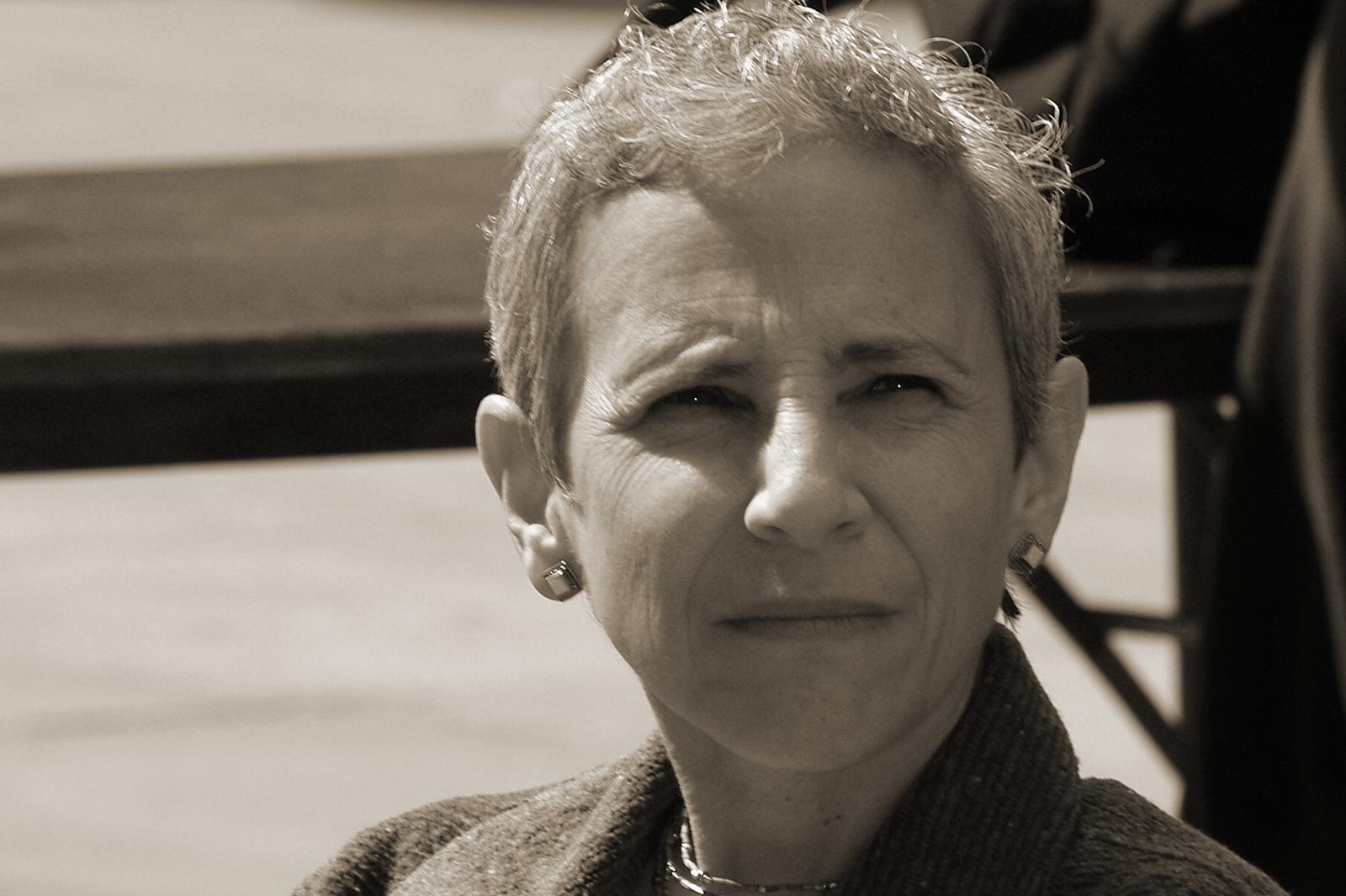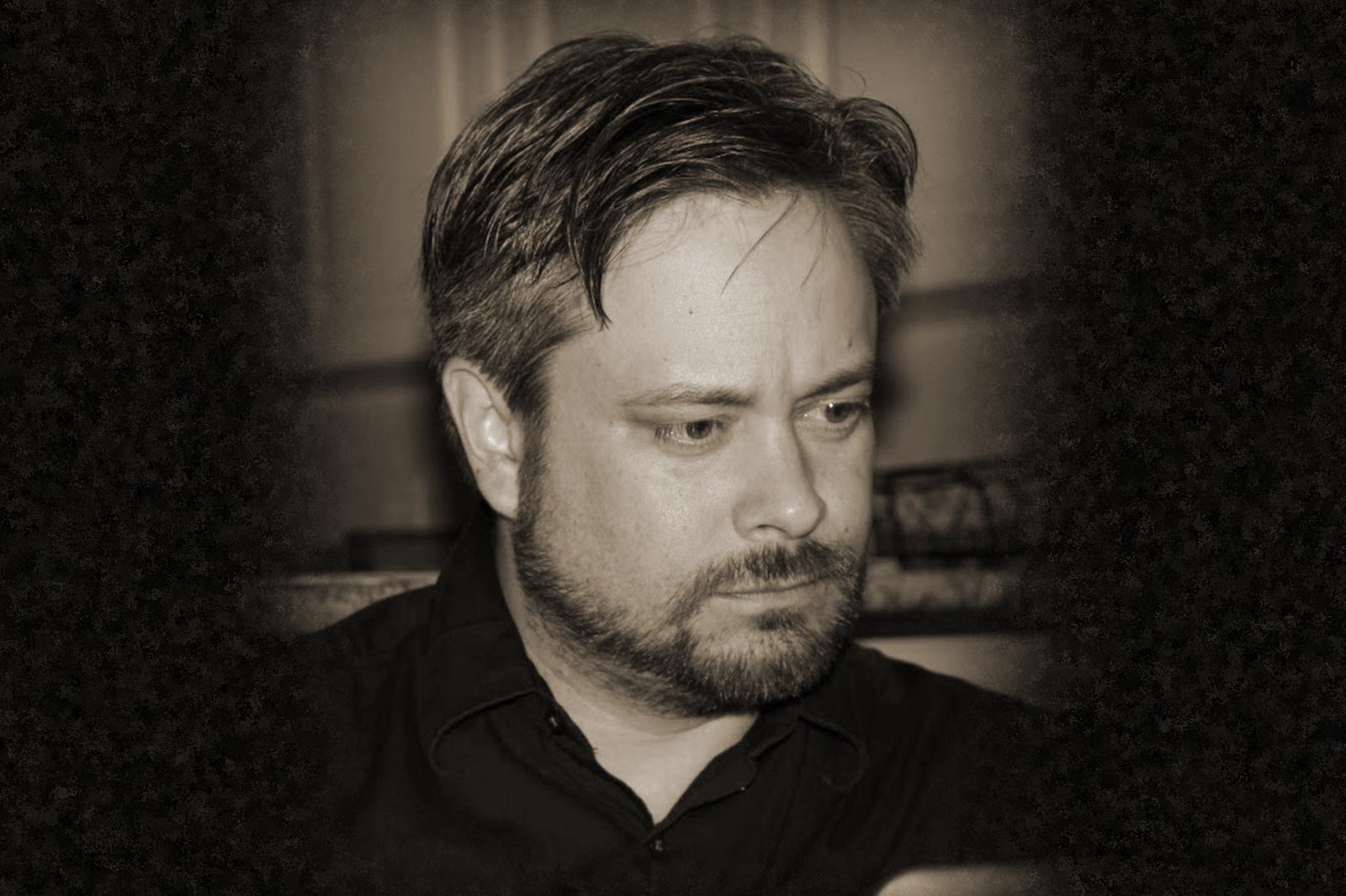
Seth Harwood is definitely an author, crafting hard-hitting crime fiction like the Jack Palms series and “Young Junius“. But it becomes very clear early in this interview that he’s much more than that. He is a scholar, a teacher, and skilled storyteller who brings to bear not only an incisive and articulate mind to his craft, but also a passion that can only come from utter dedication to something you love. We’re pleased and proud to offer this Showcase of our (too short) time with him, but don’t stand too close… the fire’s burning hot around here. (and make the scene at Seth’s Workshop Episode!)
PROMO: The Dead Robots’ Society Podcast
Showcase Episode: 20 Minutes with Seth Harwood
[caution: mature language – listener discretion is advised]
Podcast: Download (Duration: 27:22 — 25.1MB)
Subscribe: RSS
Listen to this episode on iTunes
Episode Breakdown




00:50 – Seth’s Awesomeness
03:20 – How do you classify your writing? Noire? Pulp? Thriller?
- 03:30 – See myself as a Crime Fiction author
- 03:50 – Crime is the umbrella, under it is hard-boiled, noire, and pulp
- 04:00 – Podcasting is the new technology pulp
04:20 – How do you capture the gritty black and white feel of “noire” in print?
- 04:45 – You can argue it forever and I wonder if you CAN get that stuff on print
- 05:10 – We have to make it new more than try to capture those things
- 05:20 – I picture my stuff in color so it’s hard to get those noire tones
- 05:25 – Look at Pulp Fiction or The Wire, it has the same vibe without the visual
- 05:45 – We want to bring in some of that world of the underbelly of society
06:05 – You draw attention to specific details in a scene… what is your strategy with that?
- 06:30 – The writer can do too much describing or not enough
- 07:05 – I endeavor to create a visual movie for my readers
- 07:15 – Through training and workshops, I feel like I’ve developed a sense of the sweet spot
- between the work of the writer and the reader
- 07:35 – It’s important for a writer to think about allowing the reader to do some of the creation
- 07:50 – Leave some space for the readers to do some of the creation
- 08:10 – It takes a while to find
- 08:25 – Show a lot of your work to other people
08:30 – Do you use beta readers?
- 08:35 – Back when I was doing workshops
- 08:40 – Now I have a better sense of that sweet spot
08:50 – How do you make the choice of tense and POV?
- 09:30 – Bigger issue for writers is to choose the right narrative strategy.
- 09:50 – Coming from a short story background I really liked present tense
- 10:00 – Learned a lot about how people read and experience novels
- 10:15 – Present tense feels like it moves faster (a lot of “s” sounds)
- 10:30 – Past tense has a lot more “d” sounds
- 10:40 – I think about my stuff verbally and audibly (even before started podcasting)
- 11:00 – The sound of present tense really worked for the Jack Palms series
- 11:10 – In “Young Junius” I used past tense
- 11:20 – Surprised at how strongly people reacted to the use of present tense
- 11:50 – The artifice of this being a “true story” is gone
12:25 – PROMO: Dead Robots’ Society Podcast
- 14:10 – Trust comes in with hitting the right level of description and inspiring the movie image
- in the reader’s mind
- 14:30 – Let the readers fillin images from their own lives
- 14:45 – It makes it much more rich and emotional for the reader
15:00 – What are you bringing to the Crime Fiction genre and how do you foster that in your work?
- 15:20 – All writers are influenced by the previous creations in their genres
- 16:30 – I get excited about these serialized long-form television series
- 16:55 – That helps me lead into the podcasting of my fiction
- 17:05 – I try to blend the influences from my reading, viewing, and gaming into my work
- 18:15 – Every writer has core material that becomes hard wired as an influence
18:50 – Do you make a conscious choice to make your protagonists “broken”?
- 19:25 – Very much a conscious choice
- 19:35 – The aftermath is where a lot of the real emotion and humanity comes in
- 20:00 – When you’re in a bad place, you realize what it is you need to do
- 20:25 – The really interesting place in life is when you come out of that
- 20:40 – That’s where the decisions become much more difficult
21:55 – What are you working on now in your craft?
- 22:20 – I’ve been working on a novel that’s pushing the boundaries of what I know
- 22:40 – Also trying out a new form, converting a novel into a teleplay
- 23:05 – It’s a whole alternate way of writing




Enjoyed the podcast. Good questions and thoughtful responses. Thanks.
Thanks, Ken. We try to go places with our questions that other interviewers haven’t. We don;t always succeed, but in Seth’s case it seemed like everything he said sparked more queries in new directions. The time really flew by.
You nailed that — there is gold in this interview. It made me think, and I took notes! One of the most enlightening explanations of literary fiction (vs genre) I’ve heard.
Thanks, Cathryn! We feel the same way… Seth infused the whole conversation with a fresh and articulate perspective. It really shook up are preconceptions and took Brion and I to places we hadn’t considered. I love these Showcases! 😀